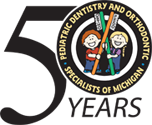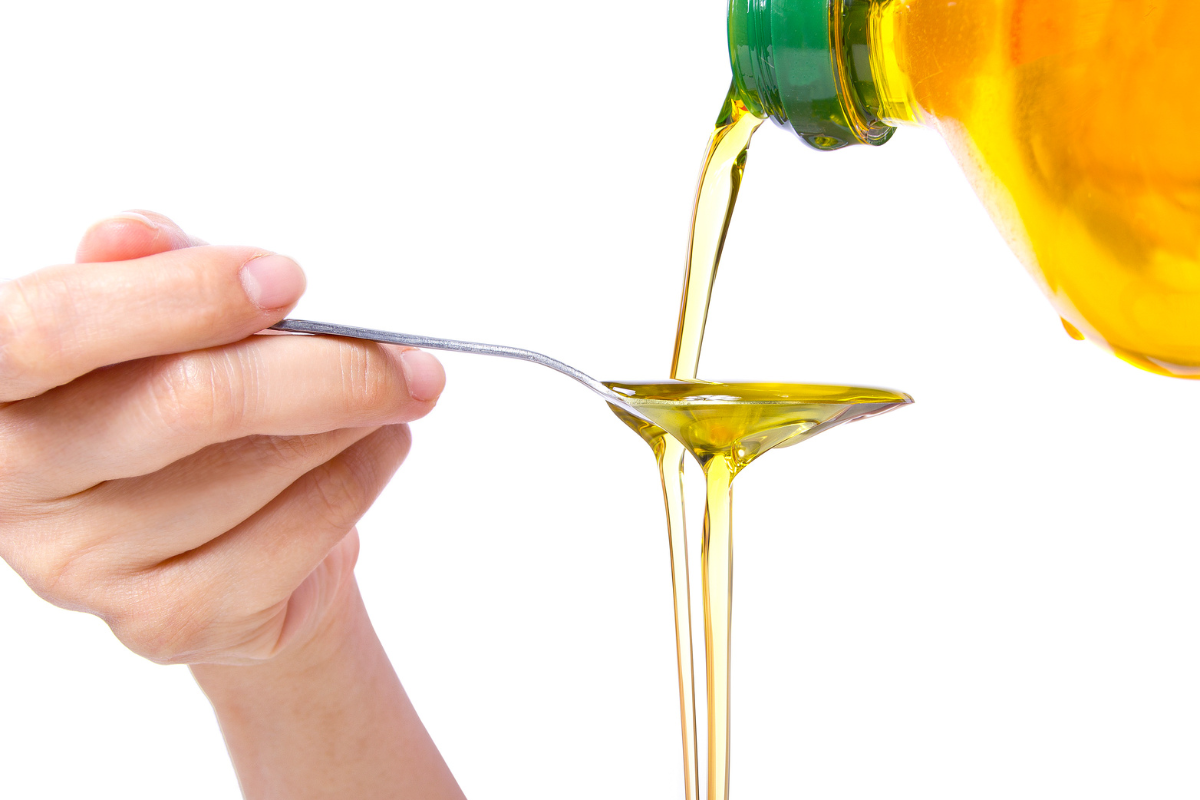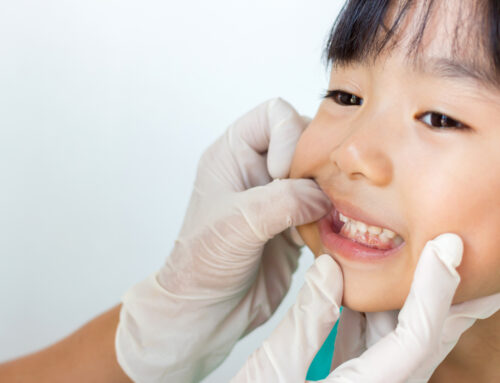Many people are interested in natural remedies. We have heard a few parents discussing oil pulling as a means to prevent cavities and promote a healthy smile. While brushing, flossing, and fluoride applications have been scientifically proven over many decades to prevent and help reverse early tooth decay, oil pulling is a popular topic that has been gaining a lot of attention. But does it actually work?
Oil Pulling Basics
Oil pulling is an ancient Ayurvedic practice that involves swishing oil around in the mouth for several minutes, usually up to 20 minutes at a time. Traditionally, sesame oil was used, but today, many people prefer using coconut oil. The idea behind oil pulling is that the oil acts as a natural cleanser, pulling out toxins and bacteria from the oral cavity.
Research on Oil Pulling is Limited
While oil pulling has been touted as a natural remedy for various oral health issues, such as cavities, plaque, and bad breath, it is important to note that scientific, clinically founded evidence supporting these claims is limited to nonexistent. Some studies suggest that oil pulling may reduce plaque formation and have a mild antimicrobial effect. However, more research is needed to validate these findings and determine the precise benefits of oil pulling.
Simply put, oil pulling has not been shown to help reduce tooth decay or gum disease, but it “doesn’t hurt to try it” as long as it’s paired with traditional oral hygiene methods and regular check ups with your dentist and hygienist.
Hazards of Oil Pulling
While oil pulling is generally considered safe, it is essential to exercise caution, especially when it comes to children. Swallowing oil can lead to an upset stomach or diarrhea. Swishing the oil around for as long as 20 minutes may also contribute to TMJ and jaw pain symptoms related to the fatiguing nature of swishing oil for such a long time. Anyone that has experienced TMJ problems will attest that may not be worth the tradeoff for unknown benefits.
Additionally and practically, oils can solidify inside of plumbing, causing potential home maintenance issues if the oil is put down the drain instead of in a trash bag.
Oil pulling should never replace regular oral hygiene practices, such as brushing and flossing, as it does not physically remove plaque bacteria from the teeth. If you do choose to oil pull, it should only be done after thorough plaque removal.
For more oral hygiene and advice or to schedule your child’s next checkup, call Pediatric Dentistry and Orthodontic Specialists of Michigan today.






